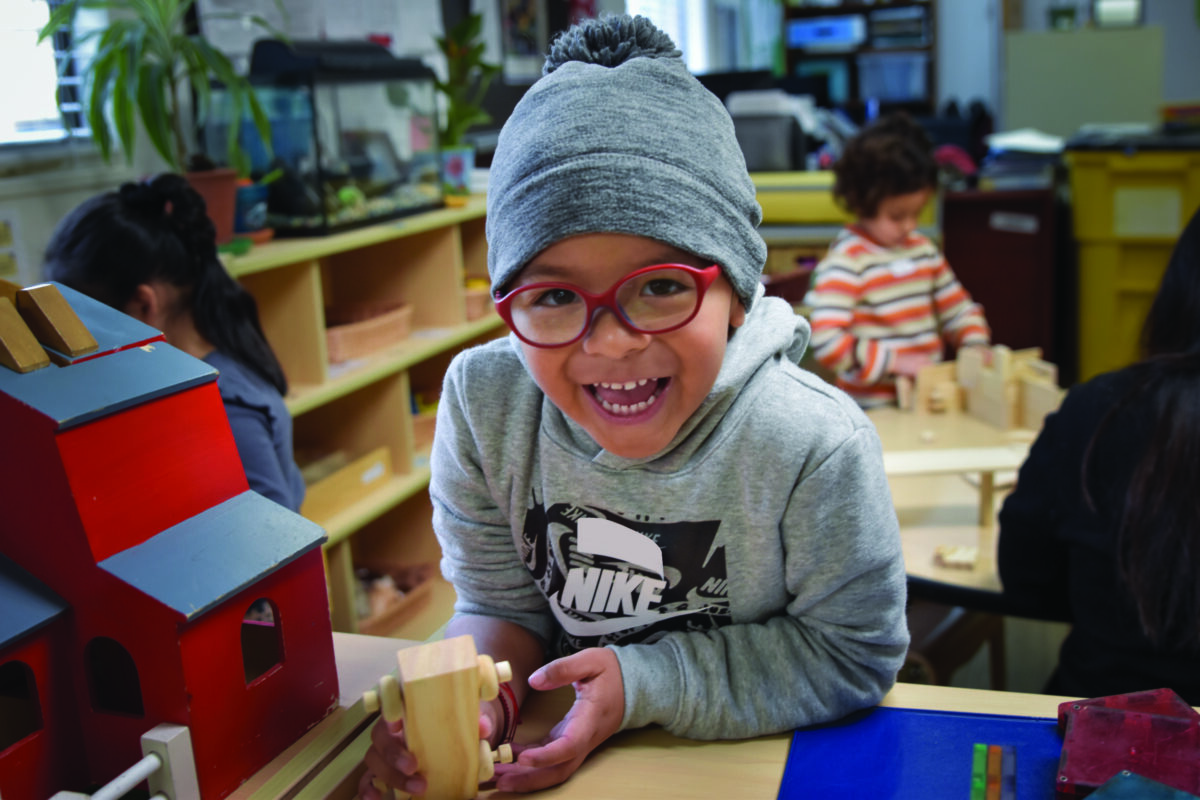Supporting Parents
In the home based childcare program, Home Visitors meet with the parent and their child once a week in the family home to strengthen the parent’s role as their child’s first teacher.
Together, the Home Visitor and parent observe the child, discuss ways the parent can support their child’s growth and development; using parent-child interactions, daily routines, and household materials. Home Visitors support the family-driven goals, provide resources as needed, and give relevant child development information to parents.
Each month Home Visiting parents and children come together for small group socializations, facilitated by the Home Visitor. These events create social networks and better prepare the children for school.
Frequently Asked Questions
On a Home Visit, the Home Visitor is there to support the parent as the child’s first teacher. The parent and Home Visitor work together to plan activities based on individual goals for that child. Activities use household materials and are designed to meet the social-emotional, physical, and language development of the child, along with math and literacy activities as well.
A Home Visitor will arrive at the home once a week to meet with the family. A Home Visitor is a trained early childhood professional through college coursework in early care and education and may have a degree in fields such as psychology, sociology, or child development. A Home Visitor completes a week of training at the time of hire and follows all performance standards in relation to best practices in Home Visiting and early childhood education.
All families that are part of the Home Base program come together monthly for socialization with other children and parents in the program. Socialization may take place in a classroom, community location, or another place like a park. Parent-child activities are planned based on the ages and interests of the children in the group.

Get our Resource Guide
Every year, Community Action Marin publishes a comprehensive list of local resources for Marin residents. Compiled with a special focus on programs serving those with low incomes, this guide plays a vital role in connecting people with services. This helps them thrive and knits a closer safety net of support among the various agencies serving Marin County.
